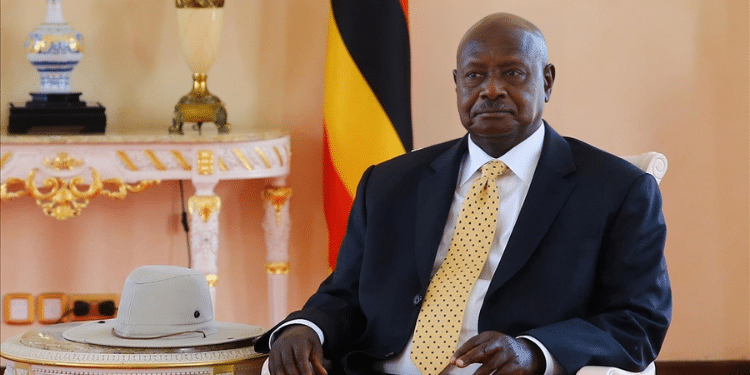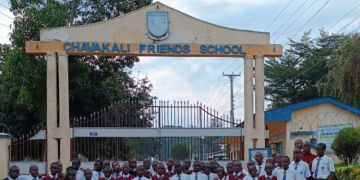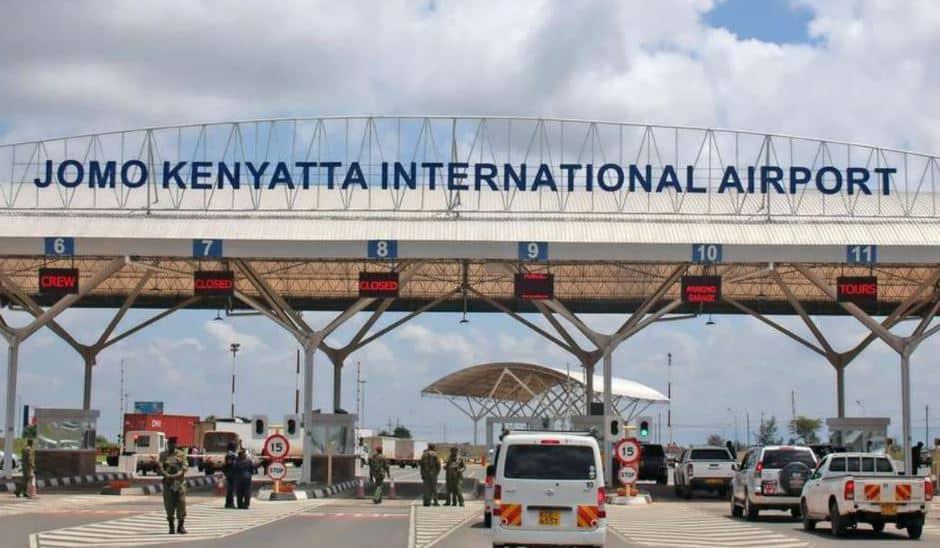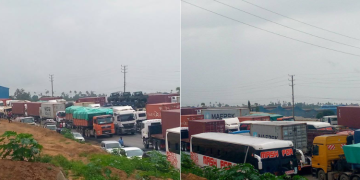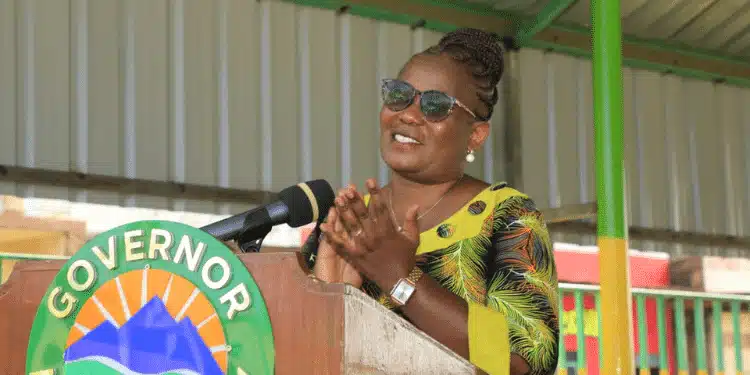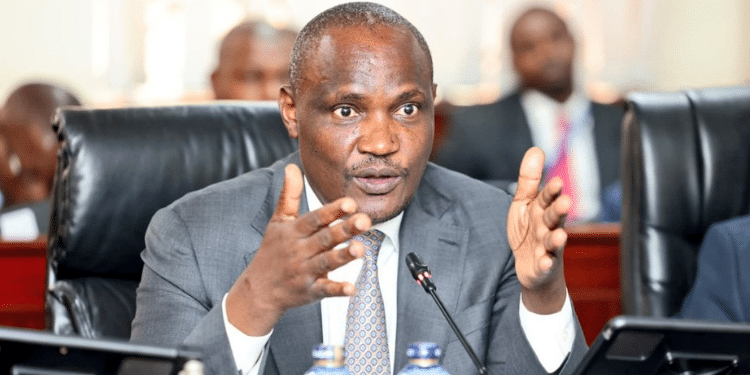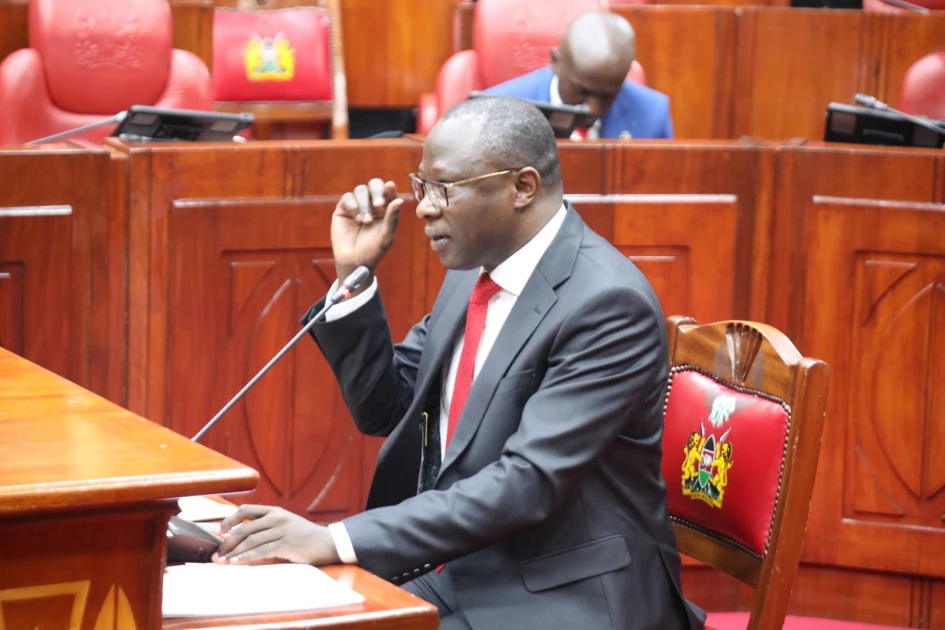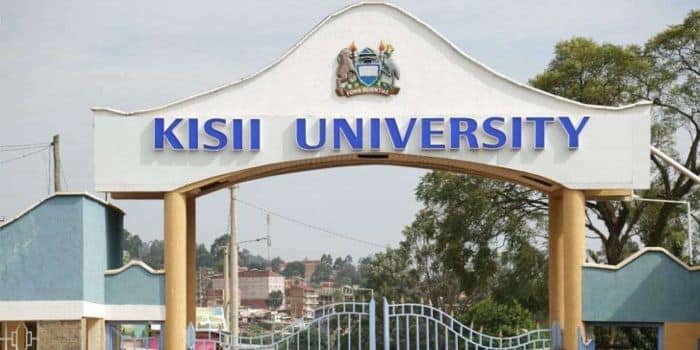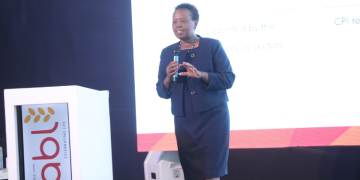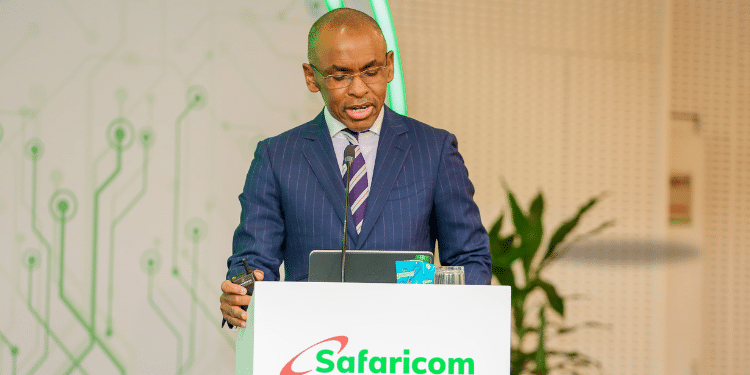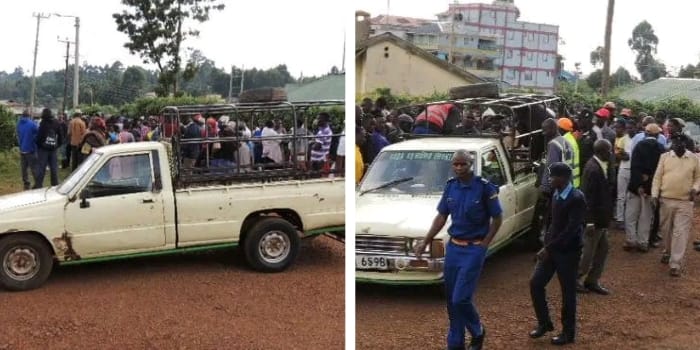Residents in Kisii County have criticized the government for poor arrangements in the ongoing Inua Jamii registration process following the death of an old man.
James Mosota, 72, was among scores of elderly people who showed up for the registration exercise at the Keumbu Social Hall, Kisii County on Wednesday, September 6.
Like other senior citizens across the country, Mososta was heeding a nationwide call for registration for the program aimed at cushioning senior citizens from poverty.
However, he had to endure long queues and long hours of standing which the witnesses said overwhelmed him since he was weak.
Mosota is reported to have collapsed and died moments after completing the exercise of registering for the Inua Jamii program.
Also Read: Govt Releases Ksh16.7b for Inua Jamii Programme
Chaotic registration Process
According to the witnesses, the deceased fell after colliding with a person in what was on the verge of degenerating into a stampede.

“The congestion was intense; it was difficult to trace anyone because there were so many people. Amid the stampede he collapsed and passed on,” a witness told the media.
His family members expressed their shock and disappointment with his death even as the residents called for proper arrangements from the organizers of the process.
Also Read: Cabinet Sets Date for Fresh Inua Jamii Registration
According to residents present at the registration center, elderly people arrived as early as 6 am in the morning of Wednesday, September 6, in anticipation of congestion.
However, the high turnout saw the elderly and the relatives who accompanied them wait for hours as the process continued.
The Ministry of Labour and Social Services was yet to respond to the matter by press time.
About Inua Jamii
On September 1, Principal Secretary for the Department of Labour and Senior Citizen Affairs Joseph Motari announced the commencement of a registration process targeting 500,000 new beneficiaries.
The process, according to the Department, is in line with President William Ruto’s plan to increase beneficiaries of the state program to 2.5 million across the country.
Elderly citizens registered for the program receive monthly stipends as a way of cushioning them from financial constraints.
Besides the elderly citizens, persons with severe disabilities, orphans and vulnerable children are eligible for the program.


